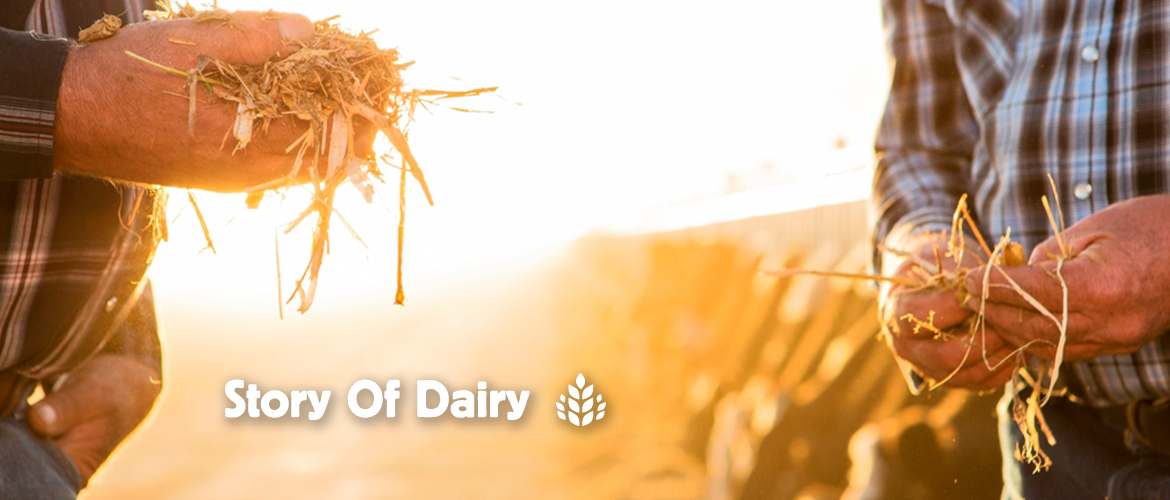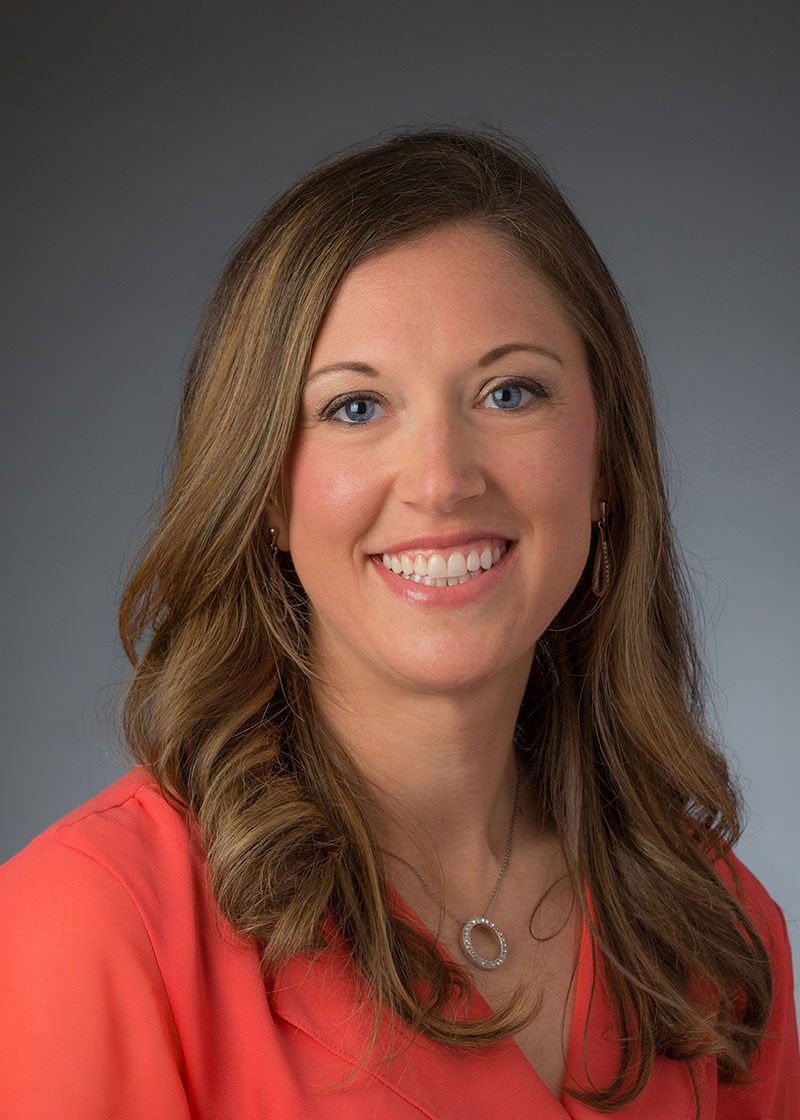Our first stop in the journey of milk from the farm to the table is growing feed for dairy cows.
Ingredients in cow feed vary by season, where the farm is located and what stage of life a cow is in, but typically it is a mix of alfalfa hay, soybeans, corn silage (the entire corn plant chopped up, leaves and all), canola, cottonseed, protein, vitamins and minerals. Dairy farmers work with professional cow nutritionists to develop balanced and nutritious diets for their herd.
Perhaps what’s most surprising is that approximately 80% of a cow’s diet is not consumable by humans and would otherwise end up in a landfill. Why is this a big deal? According to the Environmental Protection Agency (EPA), “In 2014 alone, more than 38 million tons of food waste was generated, with only 5.1% diverted from landfills and incinerators for composting.”
When food is thrown away, we are throwing away much more than food – wasted food not only wastes water and labor but also land and other natural resources.
And while not all food waste is consumable by or beneficial for animals, there is much that our dairy farm families are doing daily to play their part in a sustainable food system and a healthy environment for future generations.
Many dairy farmers utilize the byproducts of the food and beverage processing industries to meet their herd’s nutritional needs while diverting waste. For instance, many dairy farmers utilize the unused citrus pulp from orange juice companies as a nutritious ingredient in a dairy cow’s diet. In Colorado, dairy farms receive brewers grain and cottonseed – both byproducts from local industries in the state – and both nutritious additions to cow rations. Even food grown specifically for cows is often grown on land that struggles to grow more complex foods for human consumption.
Dairy farmers are working together to honor the harvest as they move nutrients through the food system – from people to animals and back to the land to grow more food – instead of going to waste in a landfill.
Have specific questions about milk production and cow care? Please send us a message on Facebook or email info@dairymax.org.




